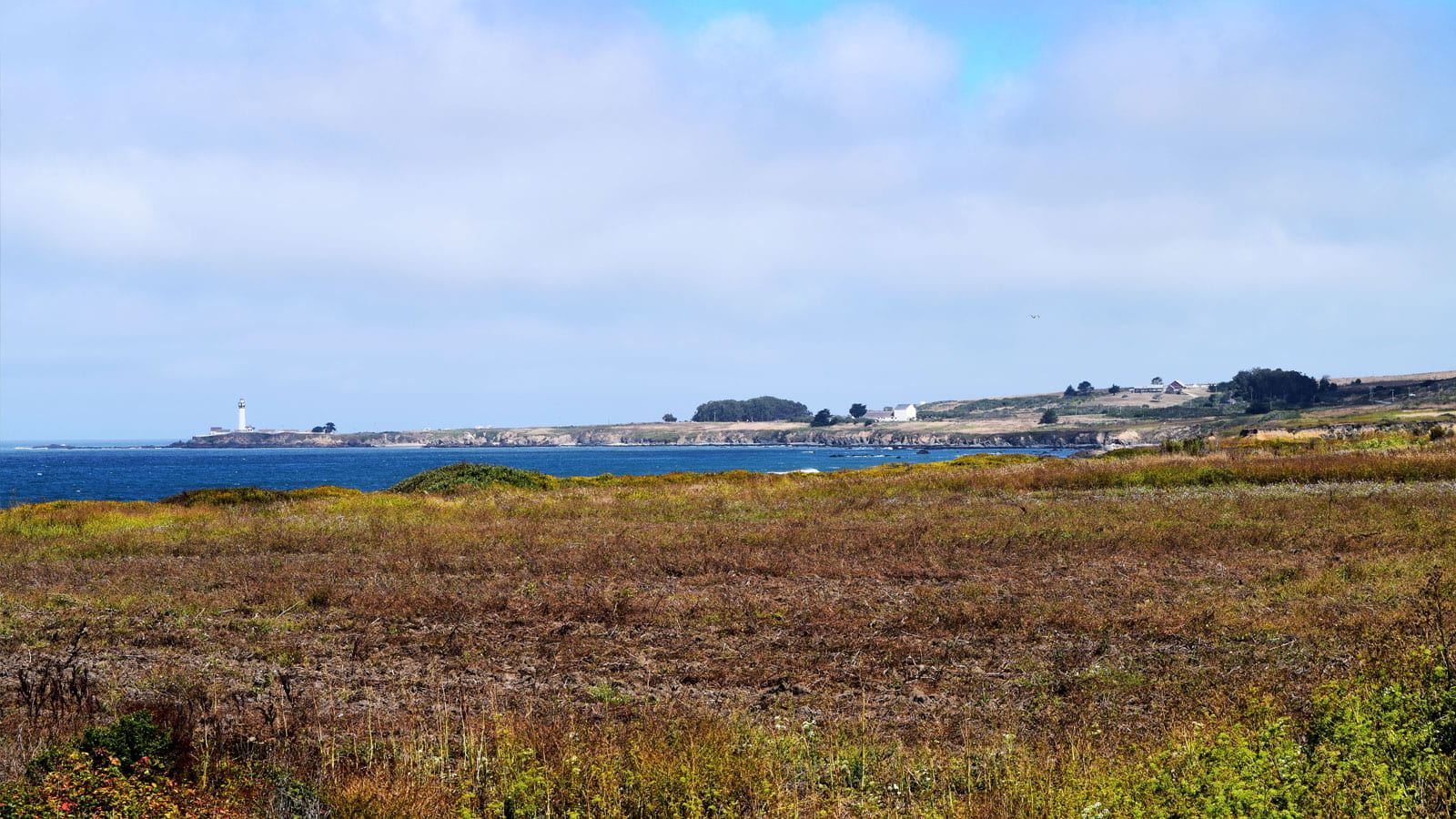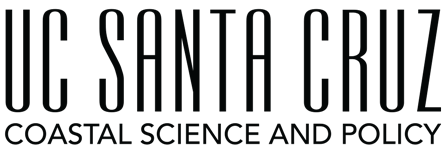AFFILIATED FACULTY
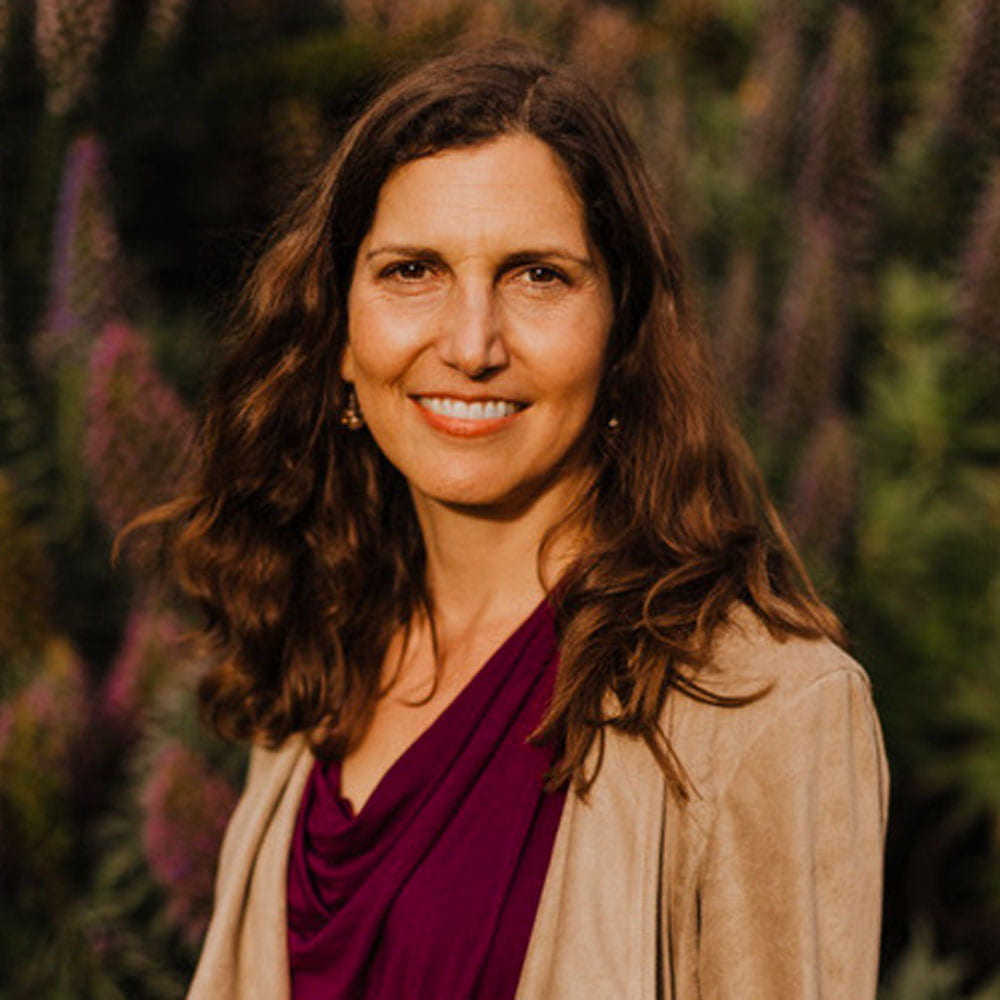
Phone: 831-502-7706 (Office)
Website: Alonzo Lab
Topics of Interest:
- Ecology
- Evolution
- Fisheries
- Modeling
Suzanne Alonzo
Affiliated Faculty
Ecology & Evolution
Professor, Ecology & Evolutionary Biology
Suzanne’s work involves theoretical and empirical research examining how coevolutionary dynamics and social interactions affect sexual selection and reproductive behaviors. She works primarily on the evolution and ecology fish reproduction, especially in Mediterranean wrasses. In addition, she and her research group explore how reproductive patterns and interactions affect population dynamics and management of marine populations.
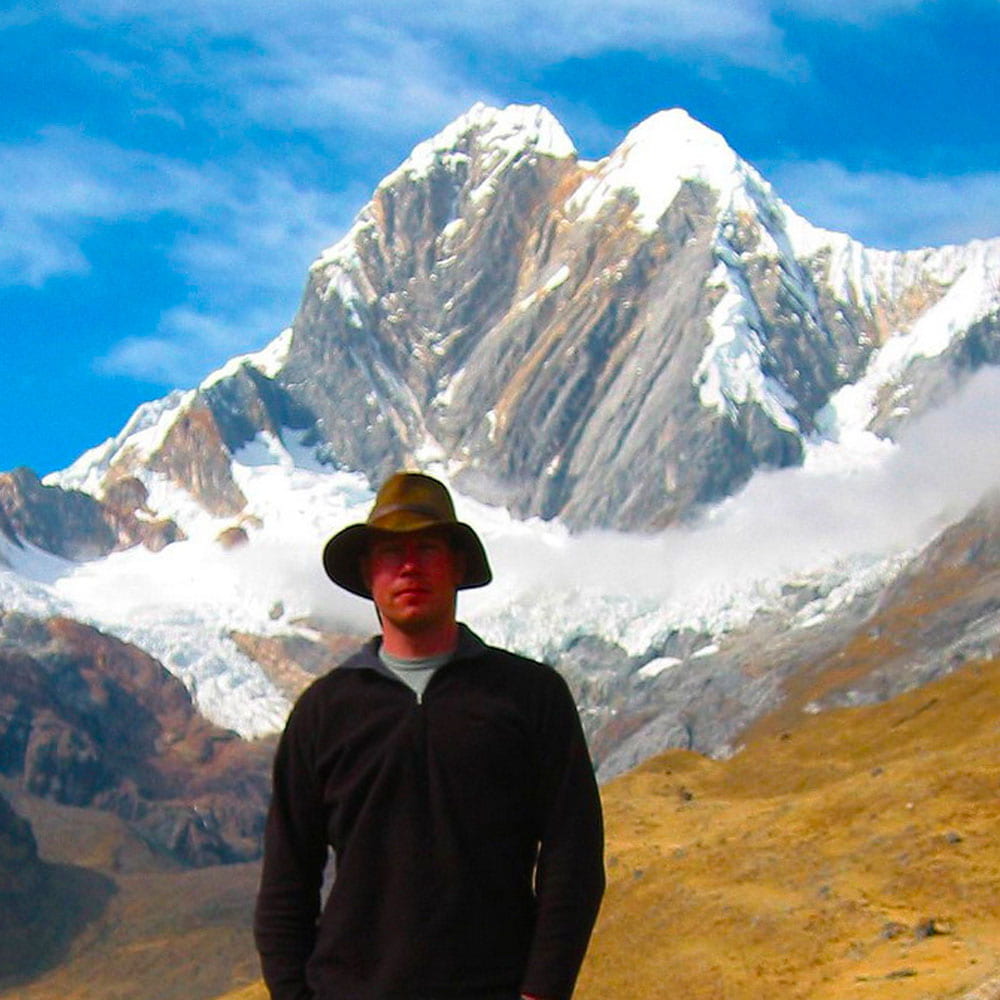
Website: https://people.ucsc.edu/~jbury/
Phone:831-459-3685
Topics of Interest:
- Environmental Justice/Social Movements
- Energy
- GIS
- Policy
- Political Ecology/Geography
Jeff Bury
Affiliated Faculty
Social Sciences
Associate Professor, Environmental Studies
Jeff Bury’s current research is centrally concerned with the transformation of natural and social environments in Latin America. His research has recently focused on new frontiers of extractive industries in the Andes and the political economy of climate change and glacier recession in the Cordillera Blanca (Peru). His work also focuses on conservation, ecotourism, and livelihood transformations in Peru, Chile and Costa Rica. His field research is linked closely to my interests in political ecology studies, environment and development in Latin America and field methods.
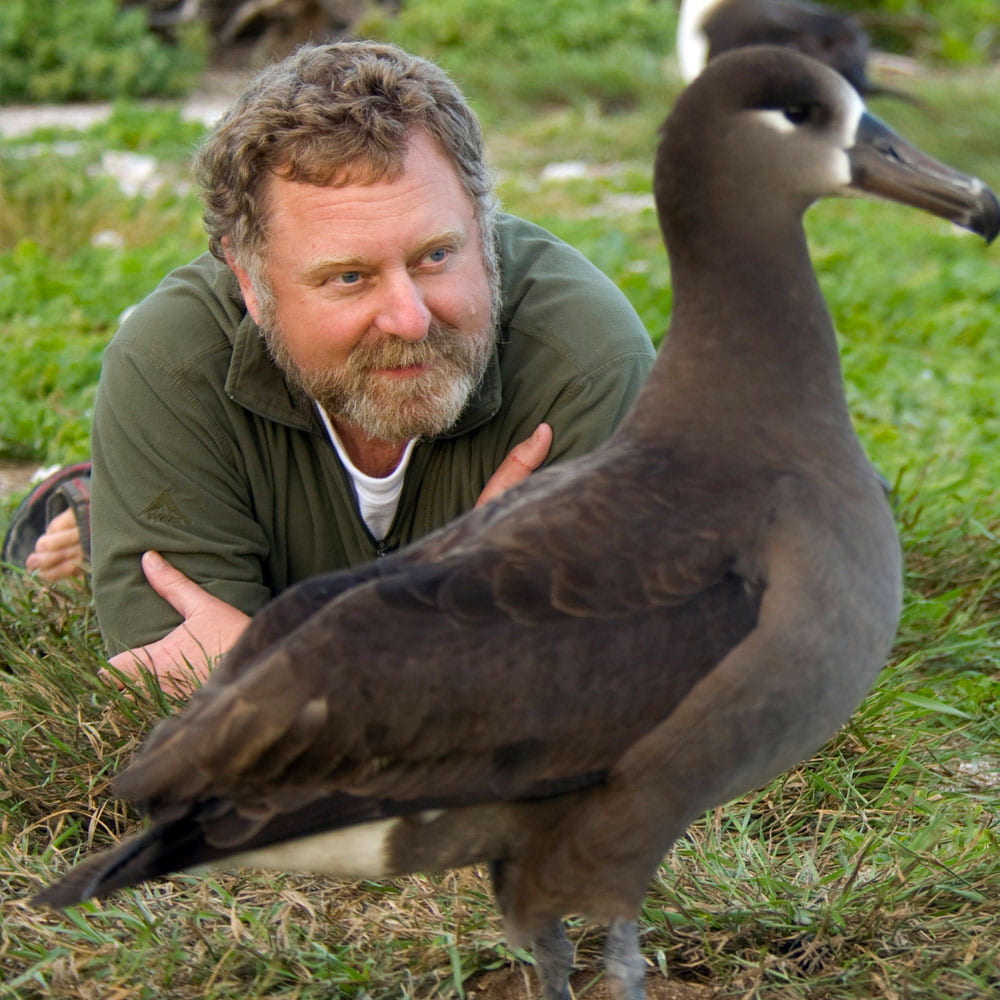
Website: Costa Lab
Phone: 831-459-2691
Topics of Interest:
- Ecology
- Physiology
- Marine Mammals and Birds
Daniel P. Costa
Affiliated Faculty
Ecology & Evolution
Distinguished Professor, Ecology & Evolutionary Biology
Director, Institute of Marine Sciences
Dan Costa studies the adaptations of marine mammals and seabirds to life in the marine environment, especially the movements, foraging ecology and energetics of pinnipeds and seabirds.
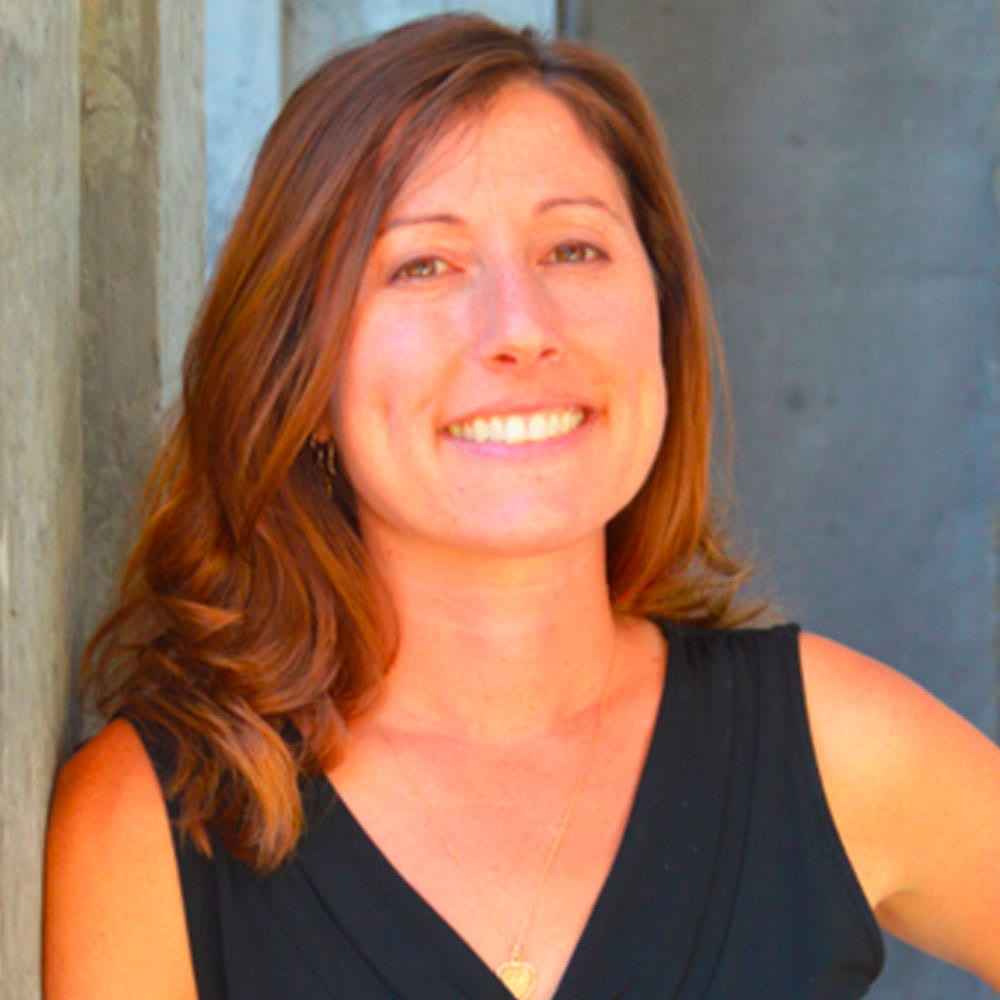
Email: lidillon@ucsc.edu
Website: http://lindseyldillon.com/
Topics of Interest:
- Environmental Justice
- Political Ecology
- Spatiality and Power
- Race & Racisms
- Science & Technology Studies
- Ecological Grief
- Climate Activism
Lindsey Dillon
Affiliated Faculty
Social Sciences
Assistant Professor, Sociology
Professor Dillon’s research focuses on environmental justice, urban ecologies, and histories of race and racism in U.S. cities. Trained as a geographer, she is especially interested the relationship between landscape and power, and brings this analytical focus to the study of coastal regions. Her current projects include a book manuscript on environmental politics in San Francisco’s Bayview-Hunters Point neighborhood, focusing on the Hunters Point Naval Shipyard, and a separate project on urban sustainability policies.
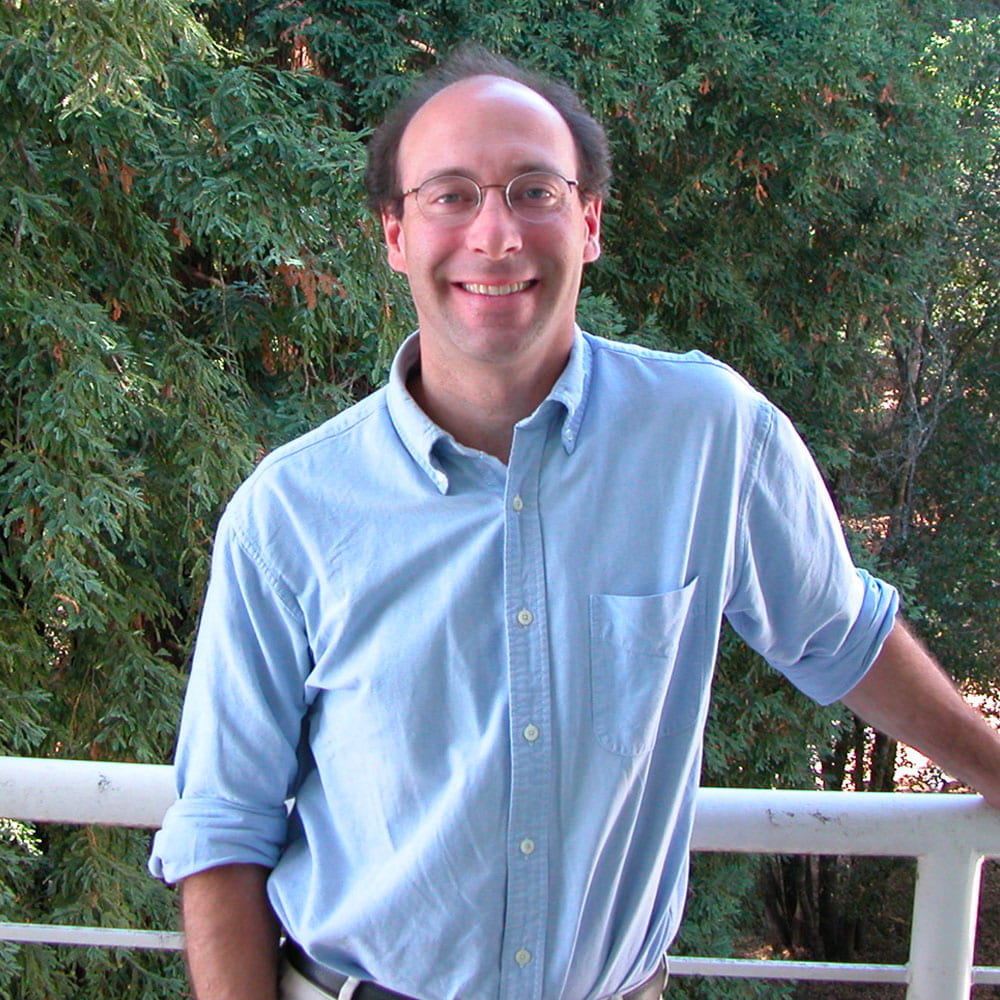
Website: UC Santa Cruz Ocean Modeling and Data Assimilation
Phone: 831-459-3734
Topics of Interest:
- Physical Oceanography
- Geophysical Fluid Dynamics
- Ocean Ecosystem Dynamics
- Ocean Observing Systems
Christopher A. Edwards
Affiliated Faculty
Earth & Ocean Sciences
Professor, Ocean Sciences
Dr. Edwards uses ocean models to investigate dynamics of the coastal ocean, including the physical circulation, ocean ecosystem processes, and mechanisms for larval transport with implications for marine population connectivity. He is also interested in ocean state estimation and data assimilation methods and their applications in the coastal ocean.
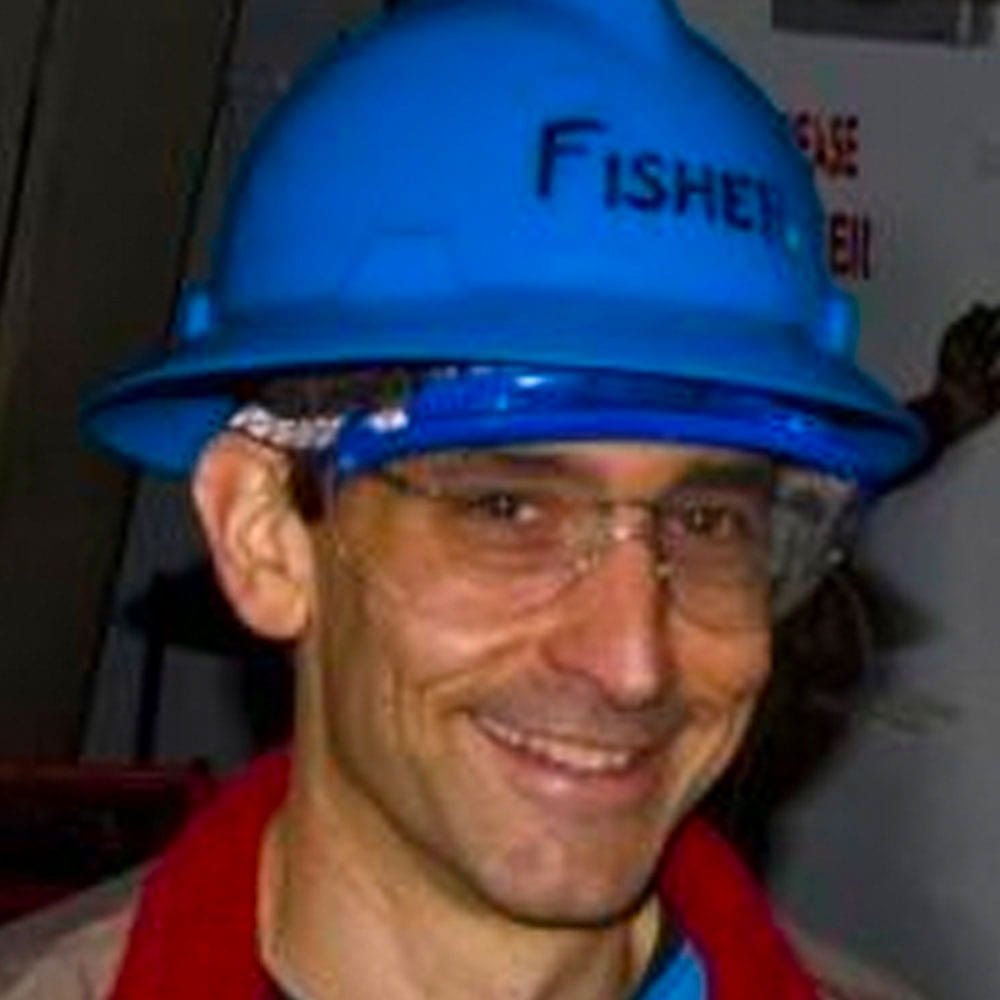
Website: UCSC Hydrology
Phone: 831-459-5598
Topics of Interest:
- Hydrogeology
- Water Resources
- Crustal Studies
- Heat Flow
- Coupled Modeling
- Geothermal Tool Development
Andrew T. Fisher
Affiliated Faculty
Earth & Ocean Sciences
Professor, Earth & Planetary Sciences
Projects that occupy much of Andy’s time these days involve development of tools and methods to develop and run managed aquifer recharge (MAR) systems, to simultaneously benefit both water supply and water quality objectives. Enhancements to water supply will help to reduce groundwater overdraft, contributing to reductions in the extent of subsidence, seawater intrusion, loss from critical surface reservoirs (including streams, lakes, and wetlands), and associated damage to fragile and valuable ecosystems. MAR operations can be run as part of a regional strategy, generating significant benefits to water managers, regulators, stakeholders, and aquatic ecosystems by shifting resource use patterns on the basis of (often unpredictable) availability; this characteristic will become increasingly important in coming decades as climate changes force modification of resource availability and use patterns. Many studies of MAR systems have focused on physical aspects of their operation, particularly causes and impacts of clogging. We are also working on quantitative reduction to nitrate loads during MAR, and evaluating links between microbial activity and nitrate removal. Improvements to water quality during MAR operations have been documented in a few cases, but mechanisms and controls on associated processes are poorly understood. We are also completing a regional mapping and modeling study of potential to link stormwater collection with MAR, and are developing new field sites where this approach can be applied and benefits can be verified. These projects apply novel technologies and techniques, connect UCSC to the broader community, and provide opportunities for training of the next generation of water resource specialists. Fisher has also collaborated on studies of submarine groundwater discharge, relations between river flooding and wetland enhancement, quantifying rates of surface-subsurface exchange below streams, and links between sediment load and reductions in groundwater recharge.

Email: dagordon@ucsc.edu
Website: https://davidjgordon.wordpress.com/
Phone: 831-502-7225
David Gordon
Affiliated Faculty
Social Sciences
Assistant Professor, Politics
Dr. Gordon’s research addresses problems of global coordination and explores the opportunities and limitations of non-traditional (those involving actors other than states) modes of collective action. He focuses on identifying the politics and power relations that operate within such initiatives, and understanding how these internal dynamics influence governance outcomes.
His work contributes to the literature on global environmental governance and engages in active dialogue with multiple scholarly communities (International Relations, Comparative Politics, and Urban Politics). Working at the interstices of disciplinary borders opens up valuable analytic space, which he uses to explore novel efforts to generate collective action and produce meaningful and effective governance outcomes at both global and local scales.
Current research projects underway focus on the accountability of novel systems of global urban climate governance with an emphasis on better understanding (a) the power relations that shape global urban accountability initiatives, (b) the local impacts and implications of the globally accountable city, and (c) the potential for these systems to produce meaningful global effects.

Website: Holl Restoration Ecology Lab
Phone: 831-459-4015
Topics of Interest:
- Ecological Restoration
- Biodiversity Conservation
- Tropical Ecology
Karen D. Holl
Affiliated Faculty
Ecology & Evolution
Professor, Environmental Studies
Karen Holl is a Professor of Environmental Studies at the University of California, Santa Cruz. Her research focuses on understanding how local and landscape scale processes affect ecosystem recovery from human disturbance and using this information to restore damaged ecosystems. She studies restoration of rain forests in Latin America and chaparral, grassland and riparian systems in California. She oversees a long-term tropical forest restoration study in southern Costa Rica and has worked with students and collaborators in Mexico, Brazil, Colombia, and Panama. She advises numerous land management and conservation organizations in California and internationally on ecological restoration projects. She is the author of Primer of Ecological Restoration published in 2020 by Island Press. She was the 2017 co-winner of the Theodore Sperry Award of the Society for Ecological Restoration and was elected as a Fellow of the Fellow of the California Academy of Sciences and the Ecological Society of America. She teaches courses in restoration ecology, conservation biology, and environmental problem solving. She has served as chair of the Environmental Studies Department at UCSC and the as faculty director of the Kenneth S. Norris Center for Natural History.
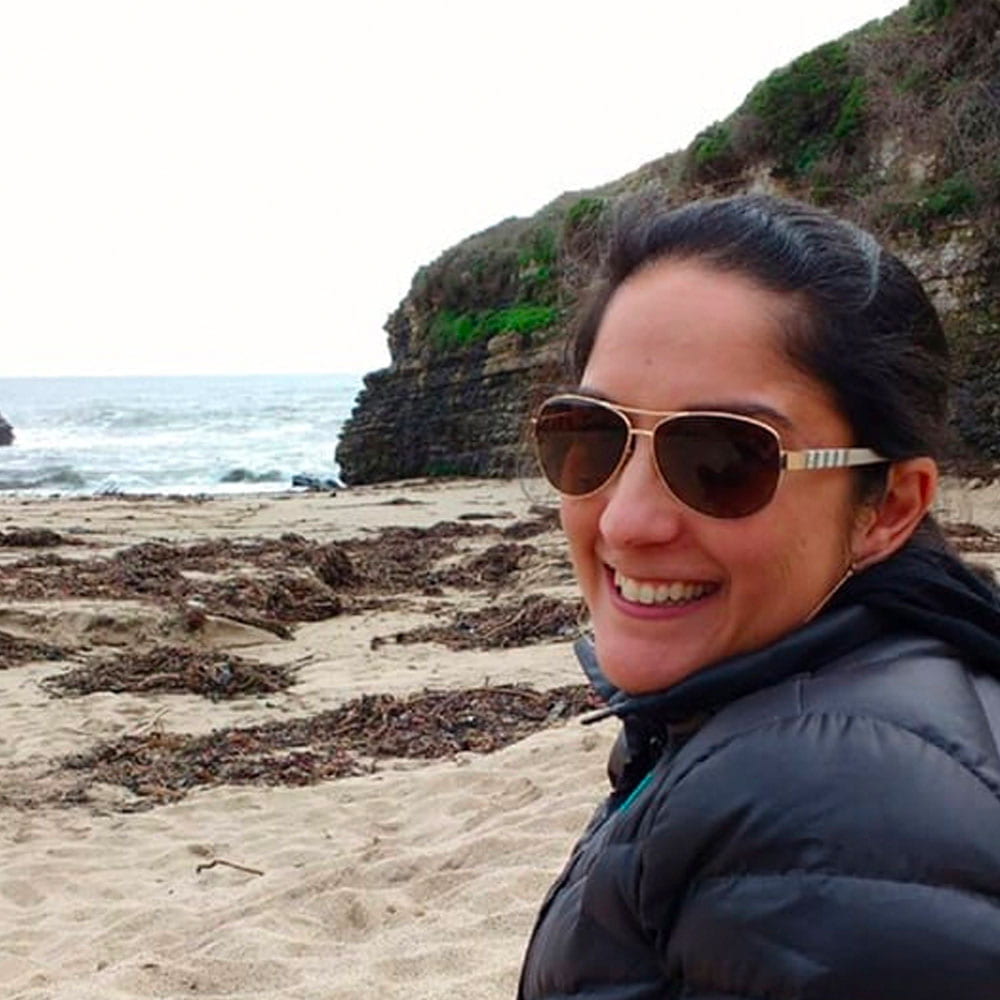
Email: sjinnah@ucsc.edu
Website: http://www.sikinajinnah.com/
Phone: 831-502-7224
Topics of Interest:
- Climate Change
- International and Global Affairs
- Environmental Justice
- Endangered Species
Sikina Jinnah
Affiliated Faculty
Policy & Governance
Associate Professor, Environmental Studies
Dr. Jinnah’s research focuses on the shifting locations of power and influence in global environmental governance, and in particular the role of transnational actors in environmental decision-making. Her most recent projects examine how key norms in global climate politics shape power relations, the role of U.S. preferential trade agreements in shaping environmental policy in trading partner nations, and the politics of climate engineering governance.
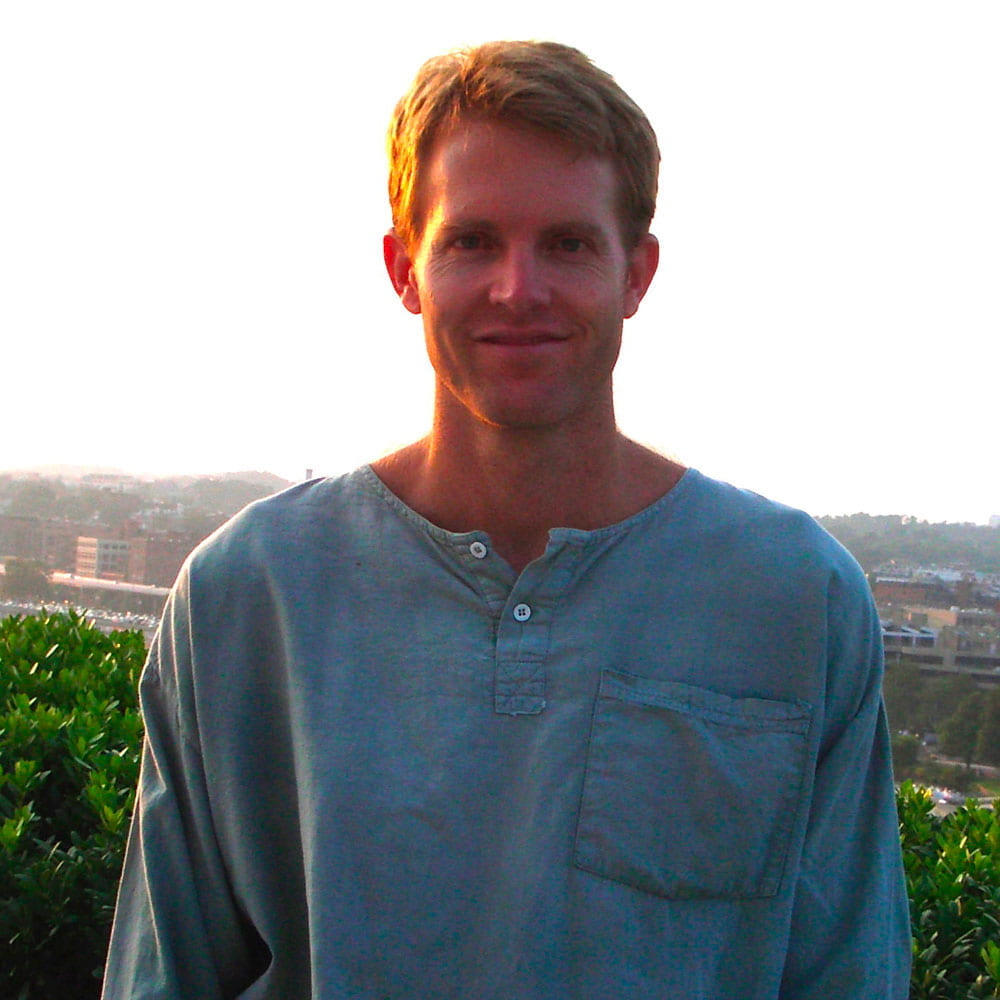
Website: Kilpatrick Lab
Phone: 831-459-5070
Topics of Interest:
- Conservation
- Infectious disease dynamics
- Population biology
A. Marm Kilpatrick
Affiliated Faculty
Ecology & Evolution
Professor, Ecology & Evolutionary Biology
Marm Kilpatrick’s research unites theory and empirical work to address basic and applied questions in population biology, including the ecology of infectious diseases, evolution, climate, behavior, genetics, and conservation. His lab’s general research philosophy is to begin each project by developing a mathematical model of the system to generate hypotheses and then test these hypotheses by gathering empirical data. His work in population biology includes studies of elephant seal, mosquito, and Weddell seal populations and predator-prey relationships. His research in disease ecology includes examining:
- Local drivers of pathogen transmission, including land use, host community composition, and climate; and
- The impact of disease on animal populations, and host responses, including the evolution of resistance and tolerance.
His disease ecology work includes studies of white-nose syndrome in bats, West Nile virus in mosquitoes and birds, avian malaria in Hawaiian birds, Lyme disease, chytridiomycosis in amphibians, Nipah virus in Bangladesh, and avian influenza.
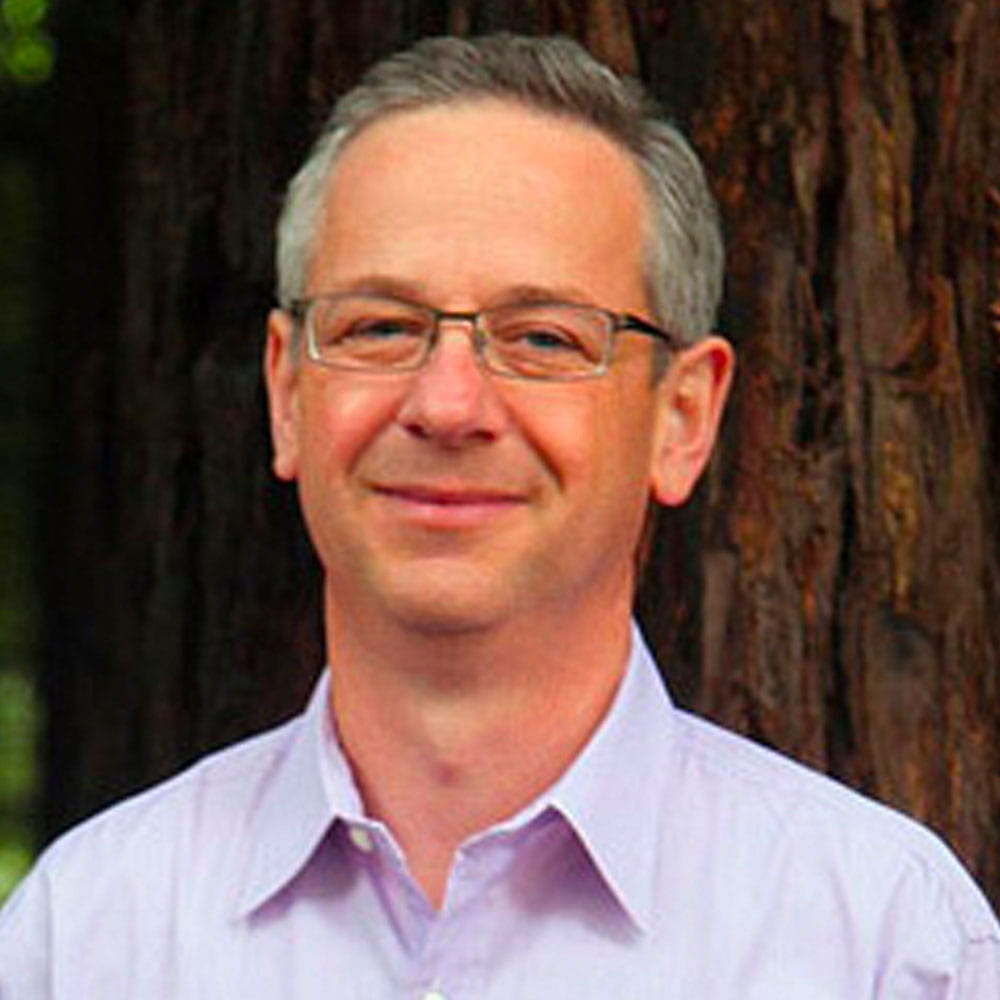
Website: Koch Lab
Phone: 831-459-4161
Topics of Interest:
- Isotope Biogeochemistry
- Vertebrate Paleontology
Paul Koch
Affiliated Faculty
Earth & Ocean Sciences
Dean, Division of Physical & Biological Sciences, Distinguished Professor,
Earth & Planetary Sciences, Institute of Marine Sciences
Paul’s research focuses on vertebrate paleoecology and evolution, which he places in environmental context through reconstruction of ancient ecosystems and climates. His work often includes biogeochemical analysis of animal tissues (teeth, bones, fur, skin, etc.) or environmental samples (soil minerals, fossil plants, etc.).
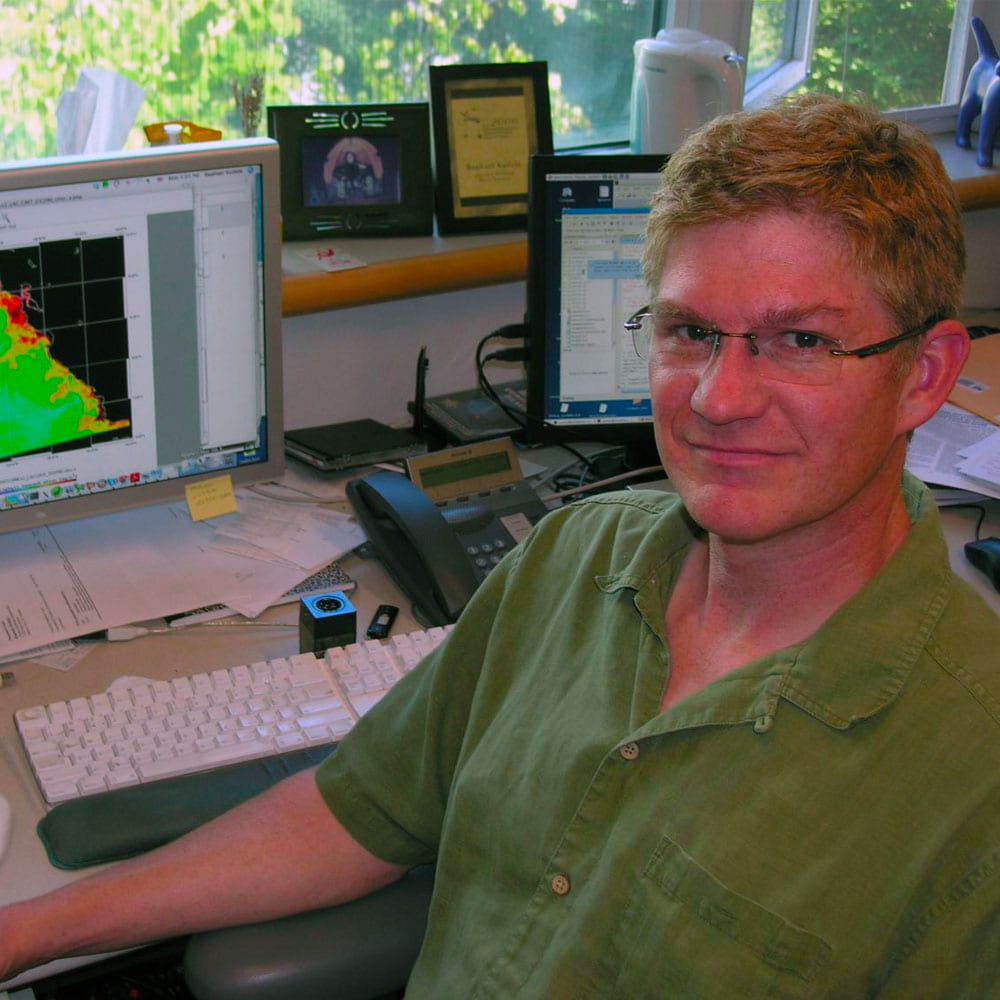
Website: Koch Lab
Phone: 831-459-4161
Topics of Interest:
- Isotope Biogeochemistry
- Vertebrate Paleontology
Raphael Kudela
Affiliated Faculty
Earth & Ocean Sciences
Professor, Ocean Sciences
The Kudela lab is a key partner of the Central and Northern California Ocean Observing System (CeNCOOS), a national framework of integrated coastal observing systems covering coastal areas throughout the United States. The lab uses traditional and novel methods to monitor water quality and phytoplankton population dynamics in Monterey Bay. Part of the goal of CeNCOOS is to make this research readily available to the public, including timely information about algal blooms and ocean acidification. Recent projects in the Kudela Lab include developing guidelines for treatment of Pinto Lake (in collaboration with the Central Coast Water Board) and development of a Nutrient Assessment Framework for San Francisco Bay. Both project focus on the interplay of nutrient loading, harmful algae, and water quality, focusing on the link between terrestrial watersheds and the coastal ocean.

Email: apaytan@ucsc.edu
Website: Paytan Biogeochemisty Lab
Phone: (831)-459-1437
Adina Paytan
Affiliated Faculty
Earth Sciences
Research Scientist, Earth & Planetary Sciences, Ocean Sciences Department
Adina’s principal research interests lie in the fields of biogeochemistry, chemical oceanography and paleoceanography. The goal of her research is to use the chemical and isotopic records enclosed in a wide range of earth materials to study present and past biogeochemical processes. This research spans a wide range of temporal (seasons to millions of years) and spatial (molecular to global) scales. An over-arching goal of this research is to understand the processes and feedbacks operating in the Earth System and how they relate to global changes in climate and tectonics as well as natural and anthropogenically induced perturbations that affect biogeochemical processes and their impact on humans and the environment.

Website: Palkovacs Lab
Fisheries Collaborative Program
Phone: 831-502-7387 (Office)
Topics of Interest:
- Ecology
- Eco-Evolutionary Dynamics
- Fisheries
- Management & Policy
Eric Palkovacs
Core Faculty
Ecology & Evolution
Professor, Ecology and Evolutionary Biology
Director, Fisheries Collaborative Program
As Director of the Fisheries Collaborative Program, I oversee collaborative projects between UCSC and the NOAA Southwest Fisheries Science Center. I am interested in the eco-evolutionary dynamics of aquatic ecosystems. The study of eco-evolutionary dynamics focuses on bi-directional interactions occurring between ecology and evolution in nature. I examine how evolution shapes populations, communities, and ecosystems and how these ecological changes feed back to shape the trajectory of evolution. Because my research is at the interface of ecology and evolution, I utilize a diversity of techniques and approaches. In particular, I combine surveys of genetic, phenotypic, and ecological variation in nature with field and laboratory experiments to test the mechanisms underlying observed patterns. My research addresses basic questions in evolutionary ecology and applied questions in conservation biology and fisheries management.
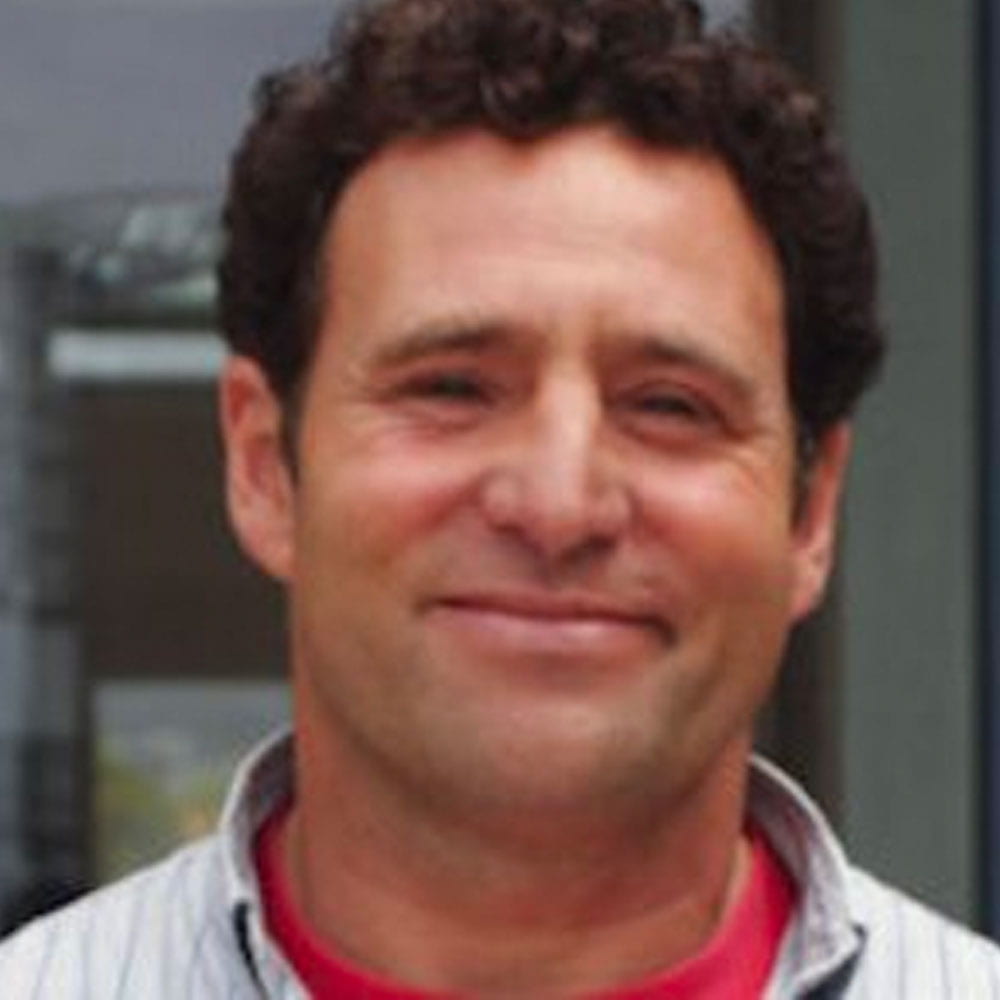
Email: tershy@ucsc.edu
Website: https://ccal.ucsc.edu/bernie-tershy/
Bernie Tershy
Affiliated Faculty
Ecology and Evolution
AssistantAssistant Adjunct Professor, Ecology & Evolutionary Biology Department
Bernie Tershy is a serial conservation entrepreneur. He has co-founded several organizations including:
- the Conservation Action Lab, which has published over 140 papers on the conservation and ecology of marine, island and endangered species, and trained 25 graduate students and post docs who now hold significant positions in conservation and academia;
- Island Conservation and Conservación de Islas, two science-based NGOs that protected over 460 insular endemics from extinction and formed over 1,665,000ha of new marine and island protected areas.
- Conservation Metrics, a for-profit conservation company that uses machine learning tools to analyze sensor-derived big data on wildlife populations, and drive iterative improvements in conservation practice.
In addition, he recently helped start the Henry Arnhold Fellows Program, which finds great people with proven conservation solutions and helps them take those solutions to scale. He continues his entrepreneurship through his recent startup, Freshwater Life, which protects the most endangered freshwater species from extinction.
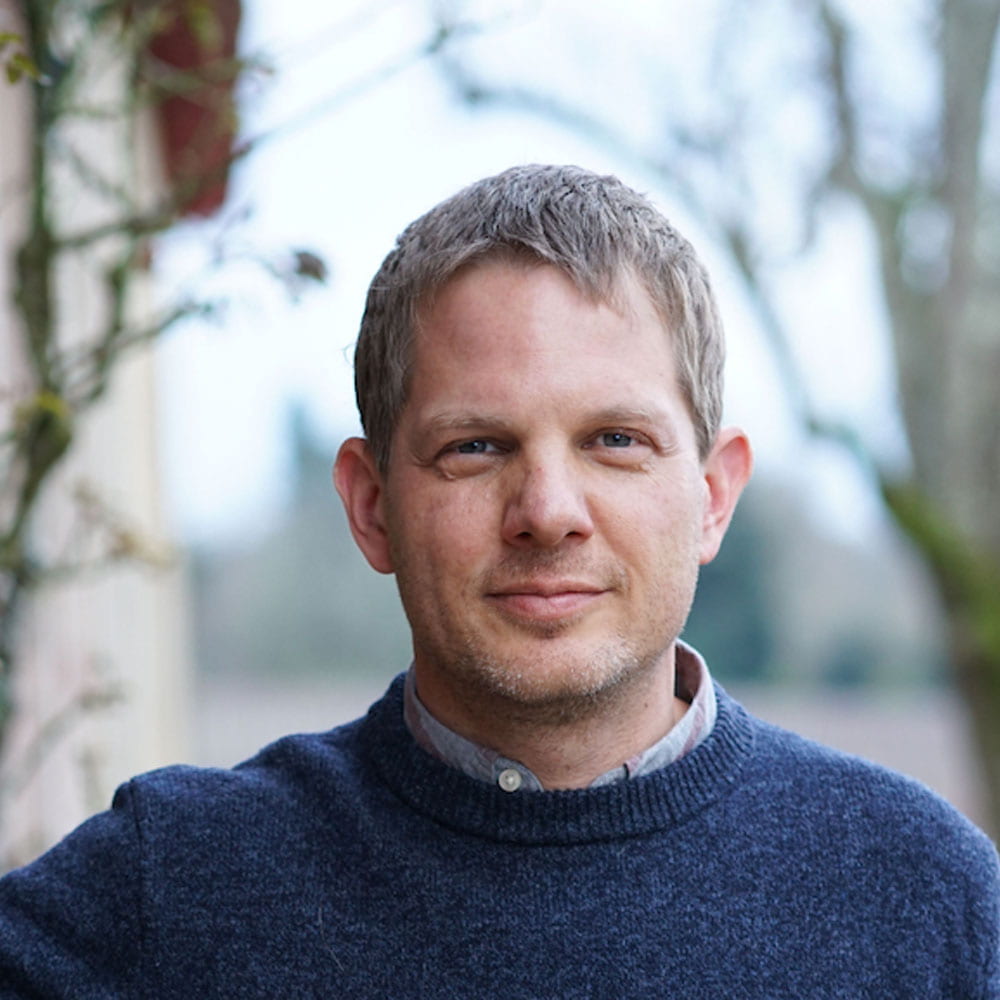
Email: cwilmers@ucsc.edu
Website: Wilmers Lab
Phone: 831-459-2634
Christopher C. Wilmers
Affiliated Faculty
Ecology & Evolution
Associate Professor, Environmental Studies
The Wilmers lab group seeks to understand how global change (climate change, habitat alteration and human hunting) influences animal behavior, population dynamics and community organization. The lab’s emphasis is on combining quantitative and field techniques to better understand the ecology of wildlife so as to better inform their management and conservation. Please visit http://wildlife.ucsc.edu for more information.
